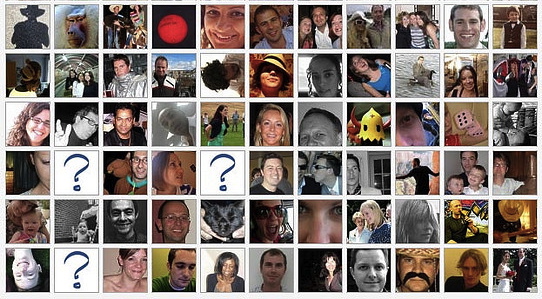By Matt Levinson
Online social giants YouTube and Facebook have taken big steps to attempt to provide guidance on digital citizenship for kids online. Google (which owns YouTube) just launched its ten-step online program for smart and safe YouTube use, with a series of instructional videos that hit on topics from cyberbullying to privacy. And Facebook has teamed up with Edutopia to help schools create social media guidelines.
As schools figure out their social media policies, Facebook is reportedly exploring allowing children under the age of 13 to use the site. "Recent reports have highlighted just how difficult it is to enforce age restrictions on the Internet, especially when parents want their children to access online content and services. We are in continuous dialogue with stakeholders, regulators and other policy makers about how best to help parents keep their kids safe in an evolving online environment" a Facebook statement says.
In the meantime, companies are sprouting up to quell (or stoke, depending on perspective) parent fears. From FBI Child ID, which "stores a photo of your child, along with a detailed description that might help others find him or her," to Footprints, which is a location-sharing app to "help parents track their children's movements," parents are searching for solutions to "ease their fears," according to a recent New York Times article.
The Times also reports that there are also slang translation apps to help parents make sense of text speak, sites that track a child's Facebook and social media pages looking for inappropriate language, another site that alerts a parent when a child tries to access an inappropriate site, and one that monitors the time spent on Facebook.
Schools are also trying to figure out policies that work. New York City issued dramatic new social media guidelines in an attempt to stem inappropriate teacher-student social media interactions. "If a particular type of behavior is inappropriate in the classroom or a professional workplace, then that behavior is also inappropriate on the professional social media site," the guidelines state, as reported in The New York Times.


